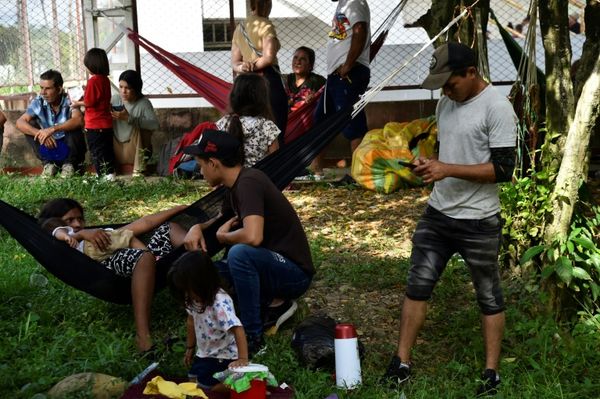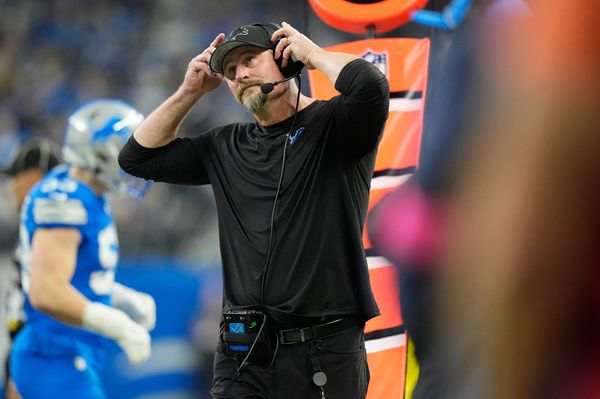The committee revising Colorado’s social studies standards has reversed its plans to add the experiences of LGBTQ people to its recommended curriculum for students below the fourth grade after receiving public feedback questioning the “age appropriateness” of the change.
The committee, which is made up of school social studies teachers from across Colorado, recommended changes to the state’s history and civics standards in November so that they include more diverse perspectives across all grade levels.
That included addressing the historical contributions or perspectives of Black, Latino, Native American and LGBTQ individuals, as well as people in religious minorities.
But now, “the committee removed all references to LGBTQ below 4th grade” after “numerous concerns were raised about the age appropriateness of referencing LGBTQ in lower grades,” according to a presentation that will be given to Colorado’s State Board of Education on Tuesday.
The social studies standards are “a floor, not a ceiling,” said Melissa Colsman, associate commissioner of student learning at the Colorado Department of Education — meaning they are the minimum expectations of what school districts should teach. Beyond the standards, she said, it’s up to local school boards and educators to decide what specifically is taught in classrooms.
Tuesday’s presentation will focus on public feedback the committee received about its revisions. The state Department of Education received nearly 1,000 emails and letters as well as more than 17,000 pieces of feedback through its database, although many of those comments were sent by the same people, according to slides that were made public by the agency ahead of the meeting.
The feedback was mixed. Some people supported the changes made to include more inclusive perspectives in school history lessons, while others felt the proposed changes “appeared to emphasize ‘negative’ elements of American history.” That critique prompted the committee to make its proposed revisions “more balance(d),” according to the slides.
The committee is making changes to its proposed revisions of the state standards based on the public comments it received and will present its final recommendations to the Board of Education in May, Colsman said. The board is expected to approve the new standards this summer.
“What we have right now is a process that is going to work its way through,” she said, adding, “This isn’t about teaching sexuality, this is about teaching history and civics.”
But the proposed changes to Colorado’s social studies standards come as schools and parents nationwide are debating what subjects children should be taught as fears about the teaching of critical race theory — which examines how racism has influenced public policy and institutions, such as health care — are expanding to other topics.
In Florida, state lawmakers passed a law that critics called the “Don’t Say Gay” bill. It bans the instruction of LGBTQ issues to children in kindergarten through third grade, according to The Washington Post.
And Texas educators are facing pressure from politicians and parents to remove books with LGBTQ themes. One school asked teachers to remove gay pride flags and other symbols, and notified a teacher, who advocated for LGBTQ children, that her contract will be terminated, NBC News reported.
“Suddenly LGBTQ identity has been linked with hypersexuality and all we are doing is identifying who those folks are and their contributions to our history,” said Nadine Bridges, executive director of One Colorado, an LGBTQ-advocacy organization.
She said the organization is surprised by the standards revision committee changing its recommendations, saying children thrive when they are able to see reflections of themselves in history.
While the state periodically revises its social studies standards, the more recent changes follow the passage of House Bill 19-1192 three years ago. That law requires schools to include the experiences and perspectives of Black, Latino, Native American and LGBTQ individuals, as well as religious minorities, in history and civics lessons in public schools.
The changes made by the review committee in its 2021 recommendations say that experiences of those minority groups should be included in history and civic lessons; they do not specifically say how lessons should be taught in the classroom.
One example is when the history standards mention that first-graders should be able to “identify similarities and differences between themselves and others,” the committee clarified by adding: “For example, race, ethnicity, gender identity, religion, ability and family makeup.”
How such changes are implemented in classrooms varies based on grade levels, but it uses language that children already are familiar with, said Debra Fowler, co-founder and executive director of History Unerased, a nonprofit organization that provides K-12 schools with curriculum and training to teach LGBTQ-inclusive history.
One of the units History Unerased offers teachers for third-graders is about Sarah Wakeman, who joined the Union army under the name Lyons Wakeman. The lessons explore how Wakeman was able to do this and what jobs were available to women during the Civil War, Fowler said.
“There’s no judgment in this curriculum,” she said, adding, “There’s a lot of fear and misunderstanding that this is about sex. It’s not about sex. It’s about the Constitution and the courts. It’s about the leaders in our community.”
Republican lawmakers in the state legislature have spoken out against the proposed changes to the state social studies standards, saying in a January letter that the revisions “are pushing a leftist cultural agenda.”
School districts also are among those to raise concerns, saying that referencing gender identity in standards for first-graders, for example, “will cause unnecessary tension between teachers, schools and parents,” according to public comments submitted by the Big Sandy School District in Simla.
Trent Kerr, superintendent of Wiggins School District, said he was thankful the school committee removed the LGBTQ references in the standards for younger students so that districts can review how to discuss those topics with school boards and parents.
“We are seeing more and more students are feeling more and more comfortable being who they are and that’s a great thing for our kids,” he said.
But, Kerr added, local school boards and parents are the ones who need to decide how to approach LGBTQ topics in the classroom.
“We’re just losing track of local control in school districts across the state for sure,” he said. “Local school boards know what’s best for the students.”







